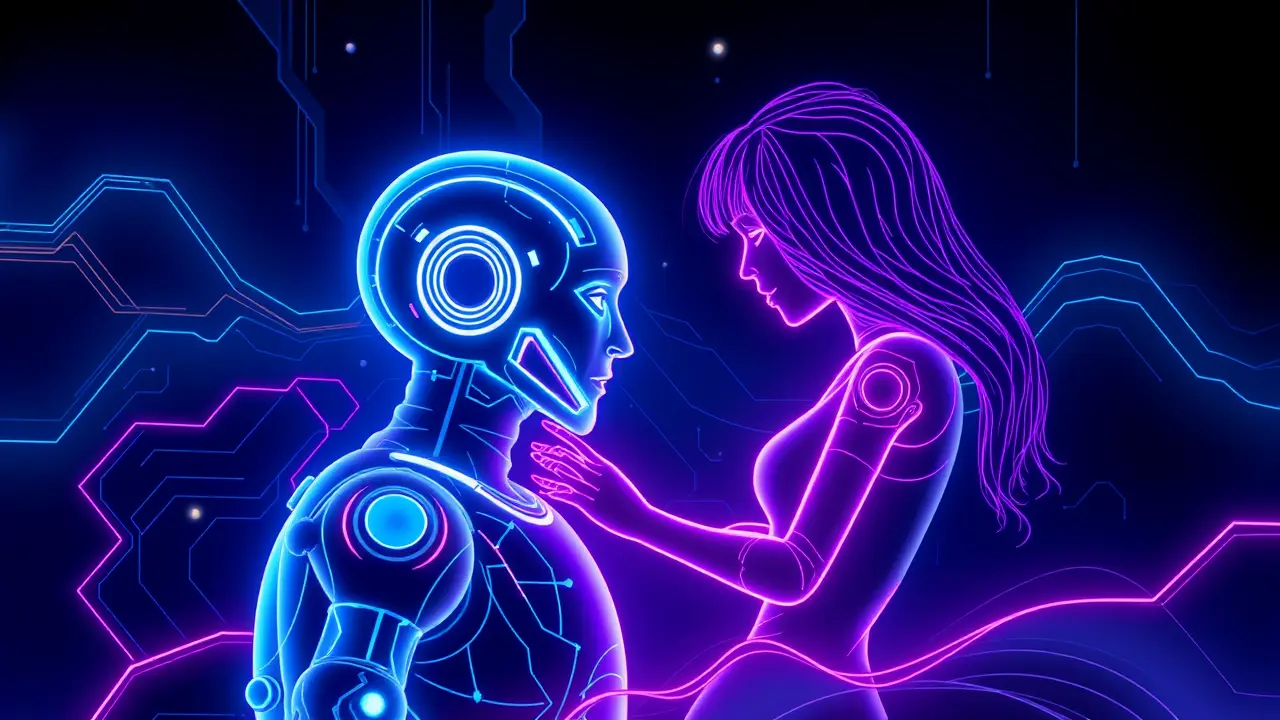OpenAI Permits Erotic Content for Adult ChatGPT Users
In a tectonic shift for conversational AI governance, OpenAI announced plans on Tuesday to fundamentally recalibrate its content moderation framework, explicitly permitting the generation of erotic content for verified adult users under a new corporate philosophy CEO Sam Altman termed the 'treat adult users like adults' principle. This strategic pivot, articulated in a social media post from Altman himself, represents a direct response to mounting criticism that the company's previous over-correction—implementing stricter guardrails to address legitimate mental health concerns—had inadvertently neutered the chatbot's utility and enjoyment for the vast majority of users who presented no such risks.The earlier, more restrictive safety controls were largely instituted following a widely publicized incident involving a California teenager named Adam, which sparked a fierce public debate about the responsibilities of AI developers in safeguarding vulnerable populations. This move forces a critical re-examination of the Asimovian principles often cited in AI ethics circles, particularly the tension between the First Law's injunction against allowing harm to come to humans and the fundamental right to adult autonomy and freedom of expression.By creating a gated, age-verified environment for more mature content, OpenAI is attempting a delicate balancing act, one that acknowledges the platform's evolution from a novel curiosity to an integrated tool for work, creativity, and, now, adult exploration. This policy change does not equate to a laissez-faire approach; the company has been careful to distinguish between erotica, which it will allow, and explicit pornography or illegal material, which remain strictly prohibited, suggesting a nuanced, definitional line that its models must now learn to tread.The implications are profound, setting a precedent that other AI giants from Google with its Gemini model to Anthropic and its Constitutional AI will be forced to confront, potentially catalyzing a broader industry-wide relaxation of content norms. From a policy perspective, this decision thrusts OpenAI into the center of global cultural wars, inviting scrutiny from conservative legislators concerned about moral decay and praise from free-speech advocates who have long argued that paternalistic AI curation stifles genuine human-computer interaction.Ethicists are already divided: some warn that normalizing intimate AI relationships could exacerbate social isolation and create new forms of dependency, while others counter that providing a sanctioned outlet for adult curiosity within a controlled environment is a safer alternative to unregulated corners of the internet. Technically, the challenge is immense, requiring robust and fraud-resistant age verification systems—a notoriously difficult problem online—coupled with highly reliable content classifiers that can consistently discern the subtle contextual differences between literary romance, educational content, and hardcore material.For the AI landscape, this is a landmark moment akin to the early internet's struggles with content governance; it signals a maturation of the technology from a tightly supervised research project into a dynamic, user-driven platform that must grapple with the full, messy spectrum of human desire and communication. The commercial stakes are equally high, as this move could unlock significant new subscription revenue from adult users seeking more unfiltered interactions, thereby solidifying ChatGPT's market position against emerging, less restricted open-source models. Ultimately, OpenAI's gamble reflects a broader philosophical reckoning within the tech industry: as artificial intelligence becomes increasingly pervasive, the one-size-fits-all model of safety is proving untenable, forcing a new paradigm of graduated, context-aware, and user-specific moderation that respects the agency of adults while continuing to protect the vulnerable, a tightrope walk that will define the next era of human-AI coexistence.
JA
Jamie Larson123k2 days ago
wait so the AI is getting a nsfw mode idk how i feel about that tbh, feels like a weird line to cross
0
